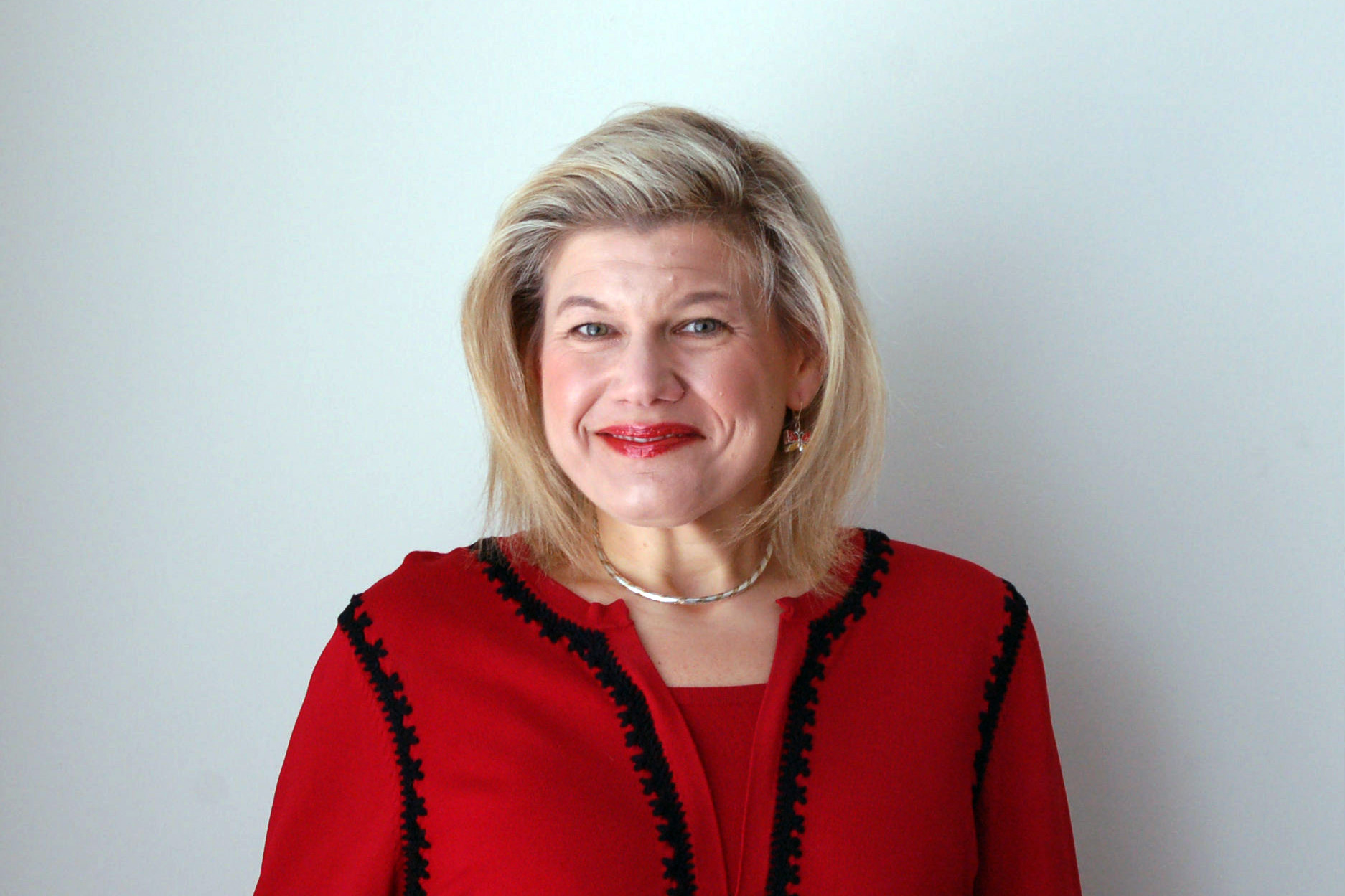
There is a nightmare scenario that keeps most politicos working on both sides of the aisle up at night: after the midterm elections, and even through the anticipated Dec. 6 run off in Louisiana, control of the Senate likely won’t be decided until Jan. 6, the date a run-off in Georgia will take place, if any one candidate fails to muster 50% of the vote. It is this scenario that Libertarian candidate Amanda Swafford, who regularly pulls 5% in most polls, relishes.
“In that situation, if we did force a runoff,” Swafford tells TIME, “I’d say that’s a clear mandate from people of Georgia for a small government and less involvement in people’s lives.”
Small government has hardly been a theme in the race between Republican businessman David Perdue and Democrat Michelle Nunn, who are competing to fill retiring Republican Saxby Chambliss’s seat. The two have spent millions firing at one another: Perdue accused Nunn of funding terrorists through her work with the Bush Family Foundation and Nunn said Perdue lost jobs and discriminated against female workers as CEO of Dollar General.
“If that nastiness continues in a run-off, the folks responsible for the run-off will probably just stay home,” Swafford says of her supporters. “And they will have to find new voters in order to win and they will be exceptionally hard.”
Perdue now leads Nunn by 3.4 points, according to an average of Georgia polls by Real Clear Politics. But Perdue has only broken the 50% threshold in one out five of the most recent polls, and he’ll need at least 50% of the vote to avoid a run-off. Swafford’s “mere presence on the ballot creates the potential for a run-off,” says Jennifer Duffy, who follows Senate races at the non-partisan Cook Political Report. “Overall, Libertarians tend to draw more from Republicans, so she is a bigger problem for Perdue than Nunn.”
But Swafford says that may not be the case with her voters, who she maintains are open to whomever makes the best case. Swafford isn’t even sure she’d caucus with the Republicans if, by some miracle, she were to be elected.
And so an unlikely figure could impact national politics. As of the end of June, Swafford had raised $7,683 for her senatorial bid. The single 37-year-old has kept her day job as a paralegal as she has mounted her campaign. “It makes for a lot of late nights and early mornings,” she says, “but I believe electing someone to the Senate like me, who knows what it’s like to work a job, have a boss, and make ends meet on a regular budget, would bring a valuable perspective to the Senate.”
Swafford is pro-choice and for the legalization of marijuana. And, like most Libertarians, she’s deeply suspicious of President Obama’s engagement abroad, particularly in Syria and Iraq. “Last year, the President wanted to bomb Syria for their chemical weapons, now he’s asking for their help to defeat another enemy,” she says. (Obama hasn’t actually asked Syrian strongman Bashar Assad for help in defeating ISIS.)
Swafford benefits from Georgia’s strong Libertarian history. It is home to 2008 Libertarian Presidential candidate Bob Barr, a former Republican congressman. And that same year, John Monds made history by becoming the first Libertarian candidate to draw more than a million votes—statewide or nationally—though he still lost his attempt to become Georgia Public Service Commissioner. Four years later, Libertarian David Staples made another bid for the same office and again broke the one million-vote threshold, though again fell short. But, unlike Swafford, both of those men faced only one rival from a major party, not two.
Swafford says she had no choice but to run statewide: Georgia’s ballot access laws for third party candidates for state races are some of the most restrictive in the country. “So, it’s either run for city council, or statewide,” says Swafford, who was elected to her hometown city council in Flowery Branch in 2010. If they lose this Senate seat, Georgia Republicans who control the state legislature might consider rethinking those restrictive third party laws. Because if politicians like Swafford can’t clinch state office, spoiling a statewide race is the second best—and clearly effective—option to get their ideas out. It turns out, some politics might be better off local.
More Must-Reads From TIME
- The 100 Most Influential People of 2024
- The Revolution of Yulia Navalnaya
- 6 Compliments That Land Every Time
- What's the Deal With the Bitcoin Halving?
- If You're Dating Right Now , You're Brave: Column
- The AI That Could Heal a Divided Internet
- Fallout Is a Brilliant Model for the Future of Video Game Adaptations
- Want Weekly Recs on What to Watch, Read, and More? Sign Up for Worth Your Time
Contact us at letters@time.com